
Find Help
More Items From Ergsy search
-

What is Honour Based Abuse?
Relevance: 100%
-
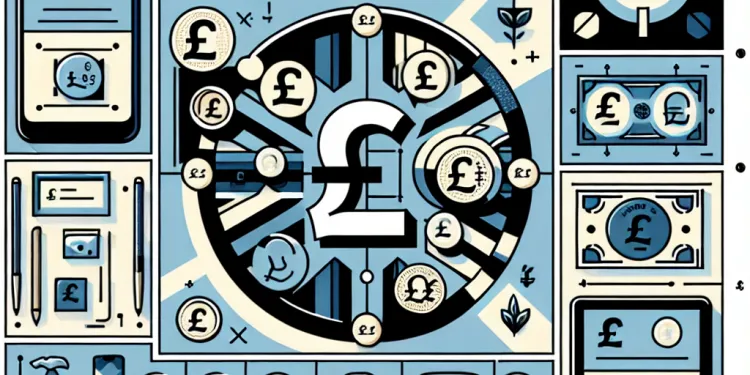
Is honour based abuse a cultural practice?
Relevance: 97%
-
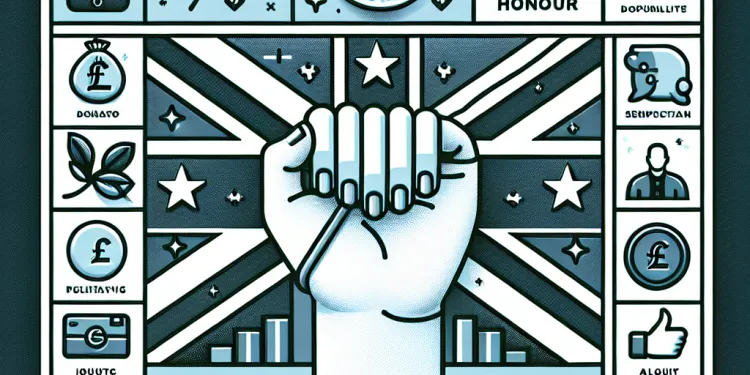
How does honour based abuse impact victims?
Relevance: 84%
-

Can men be perpetrators of honour based abuse?
Relevance: 84%
-
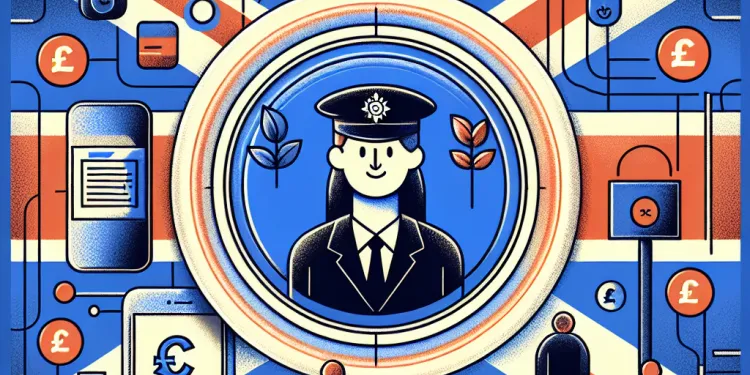
What are the signs of honour based abuse?
Relevance: 81%
-

Who can be a victim of honour based abuse?
Relevance: 80%
-
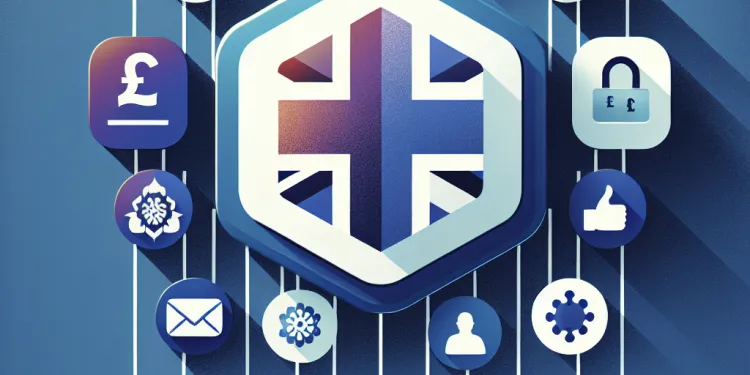
How can honour based abuse be prevented?
Relevance: 76%
-

What forms can honour based abuse take?
Relevance: 75%
-

What is the purpose of honour based abuse?
Relevance: 49%
-

How prevalent is honour based abuse?
Relevance: 49%
-
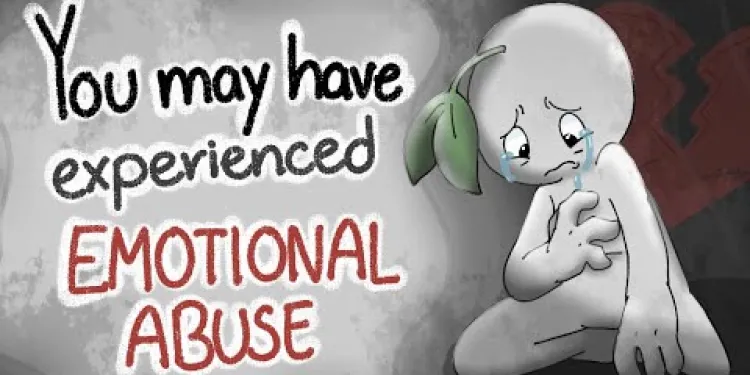
6 Signs of Emotional Abuse and Neglect
Relevance: 34%
-
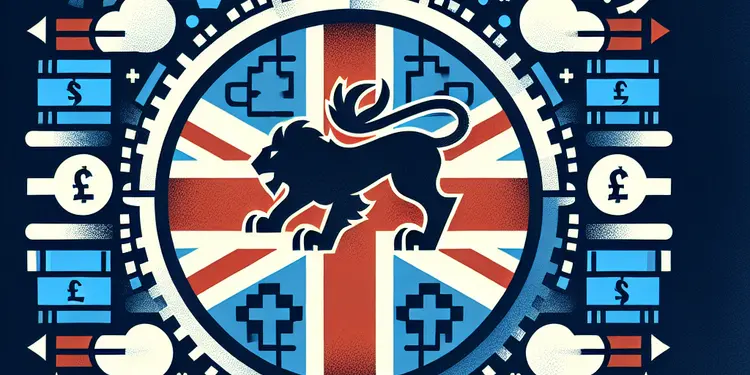
What constitutes economic abuse under the Domestic Abuse Act 2021?
Relevance: 33%
-
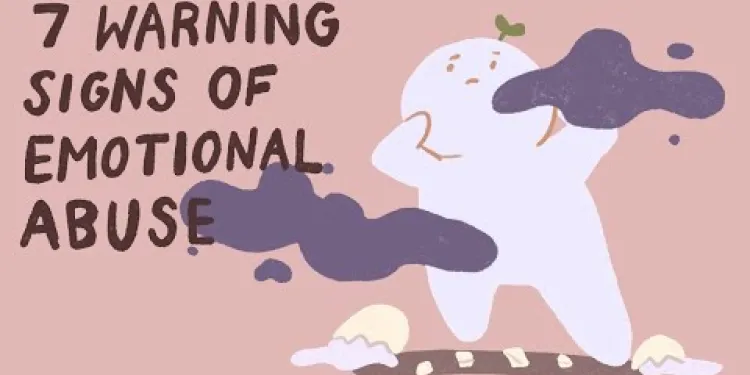
7 Warning Signs of Emotional Abuse
Relevance: 33%
-

When Kids Abuse Kids
Relevance: 32%
-

What is the new Domestic Abuse Act in the UK?
Relevance: 32%
-
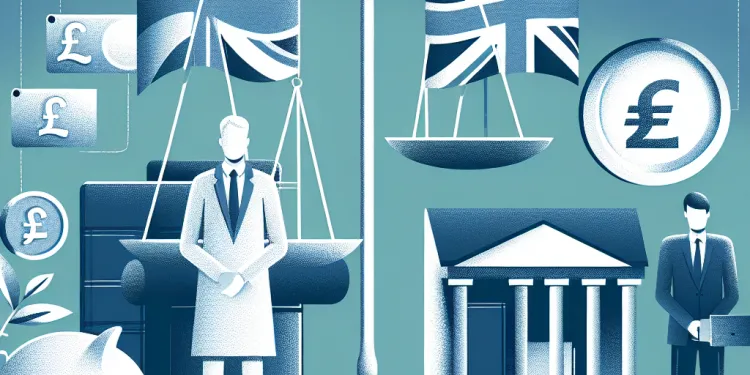
Understanding the New Domestic Abuse Laws in the UK
Relevance: 31%
-
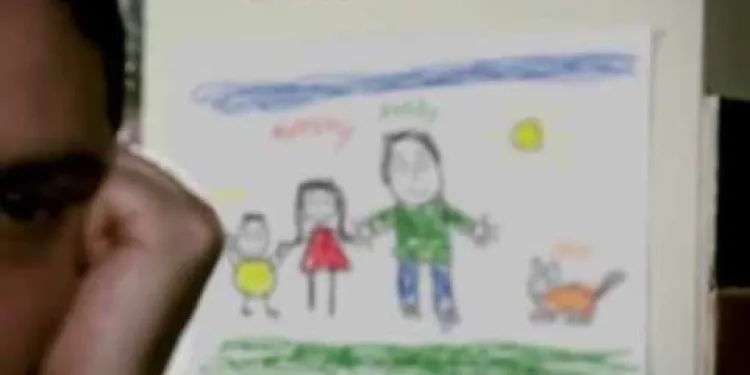
Are you a male victim of domestic abuse?
Relevance: 31%
-
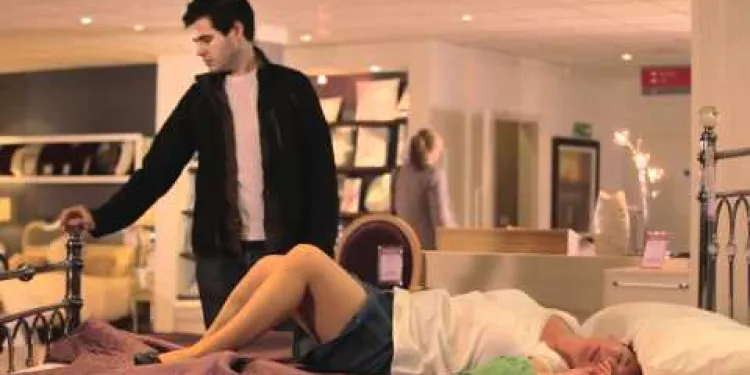
Live Fear Free - Domestic Abuse
Relevance: 31%
-

Understanding the Impact of the UK's New Domestic Abuse Legislation
Relevance: 30%
-
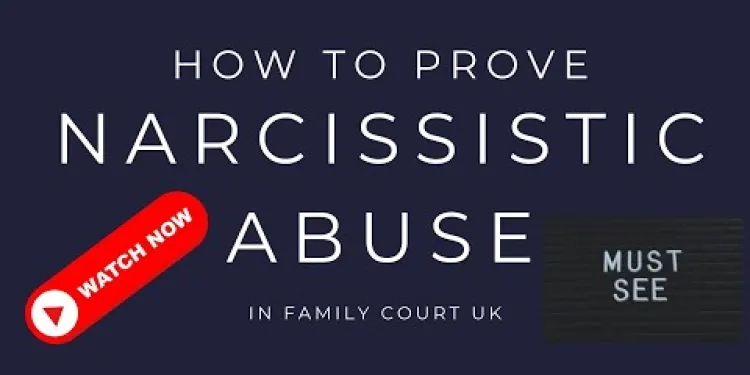
How To Prove Narcissistic Abuse In Family Court UK
Relevance: 30%
-
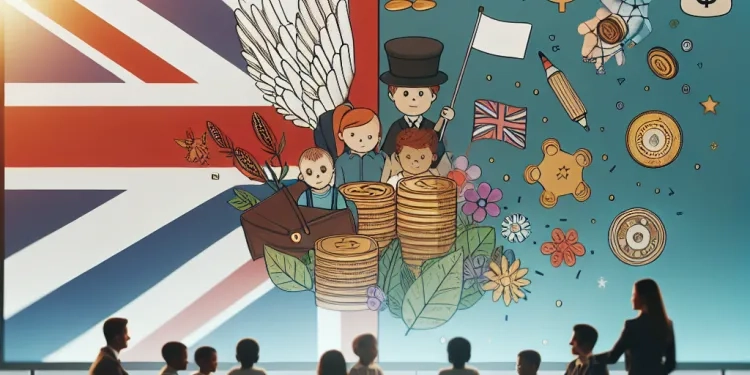
Three-year limit for child sexual abuse claims to be removed
Relevance: 30%
-
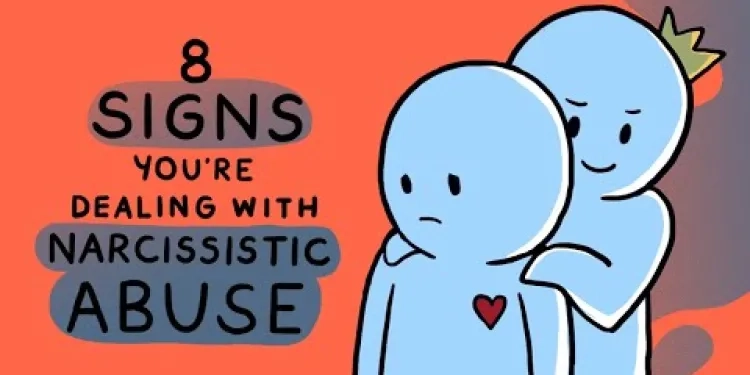
8 Signs You Are Dealing with Narcissistic Abuse
Relevance: 30%
-
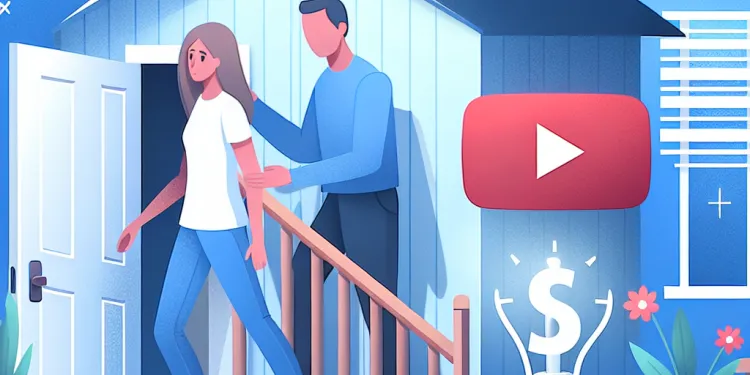
Steps to Take When Facing Domestic Abuse
Relevance: 30%
-

Live Fear Free - The Effect of Domestic Abuse on Children
Relevance: 29%
-
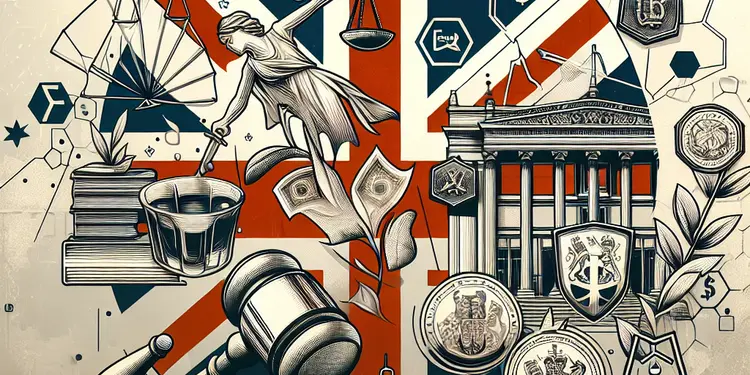
When did the Domestic Abuse Act 2021 come into effect?
Relevance: 29%
-
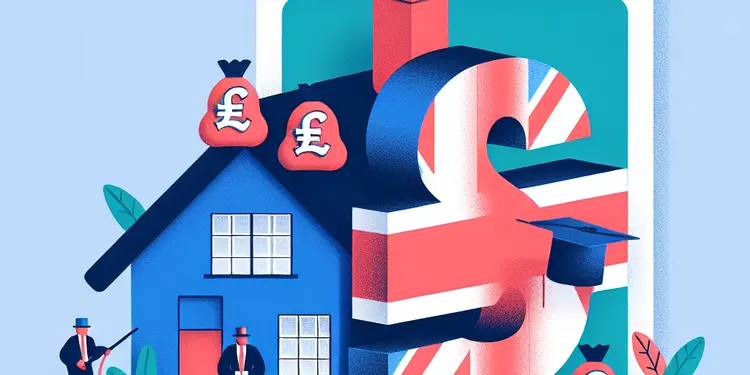
Who can be considered a domestic abuse perpetrator under the new law?
Relevance: 28%
-
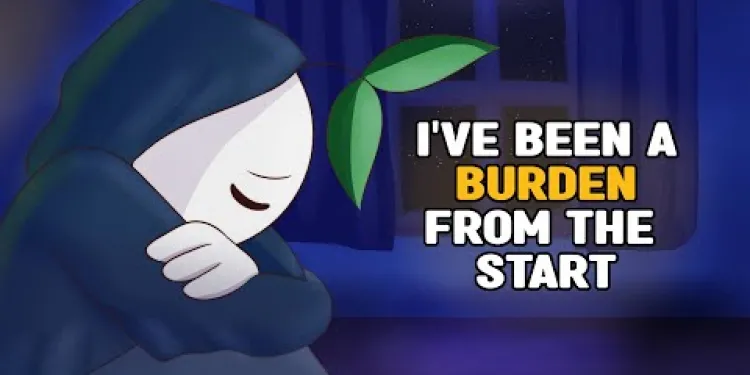
5 Signs You've Been Mentally Abused
Relevance: 28%
-
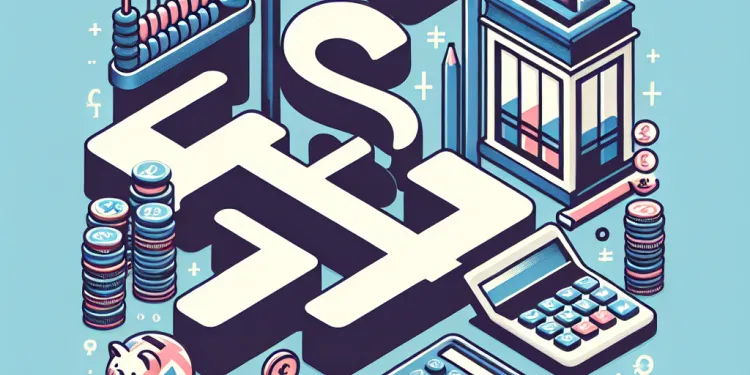
How can I calculate my new earnings based on the National Living Wage increase?
Relevance: 17%
-
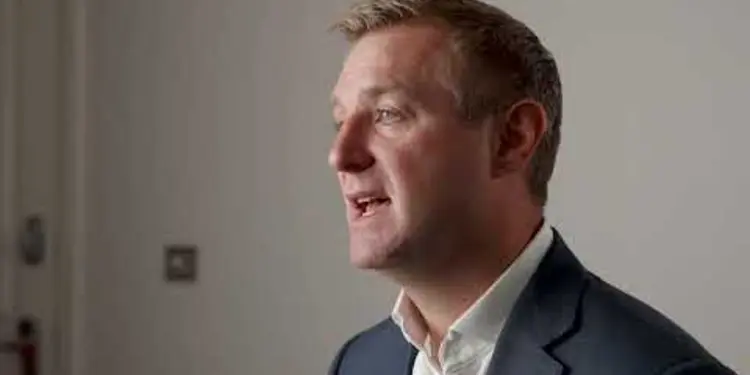
Aquablation Therapy takes around 45 minutes to do based upon the patients prostate size
Relevance: 14%
-
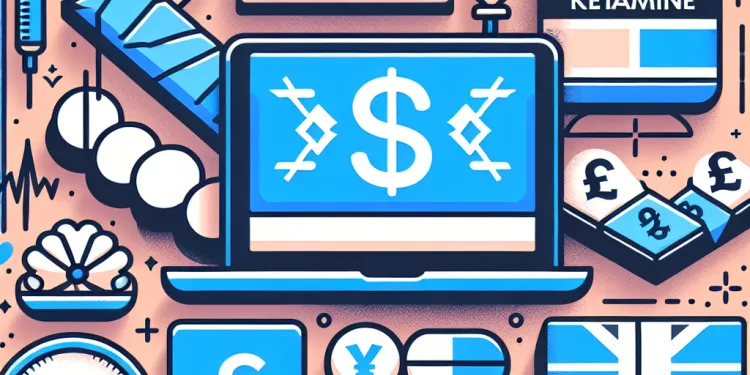
Is ketamine addictive?
Relevance: 12%
-

What are the different types of funerals available?
Relevance: 12%
-

What is Gaslighting?
Relevance: 11%
-
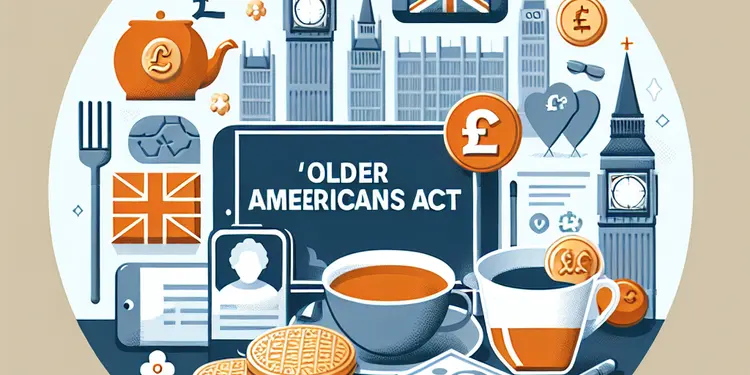
What is the Older Americans Act and how does it help seniors?
Relevance: 11%
-
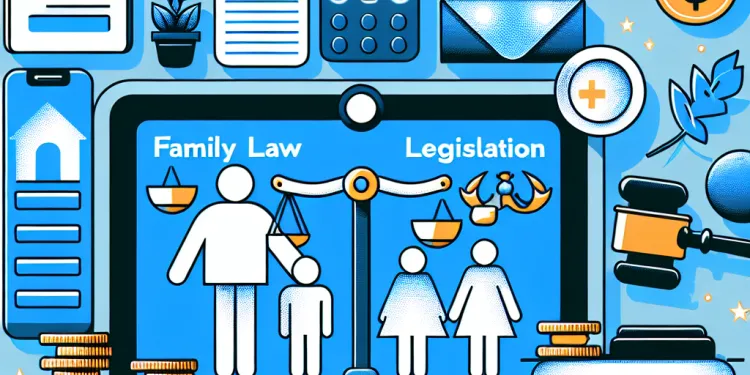
Impacts of Recent Changes to Family Law Legislation
Relevance: 11%
-

Is ketamine a controlled substance?
Relevance: 11%
-
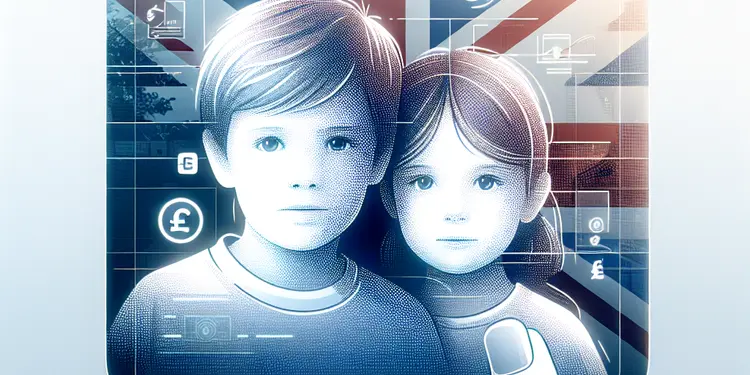
Are boys or girls more likely to be targets of grooming?
Relevance: 11%
-
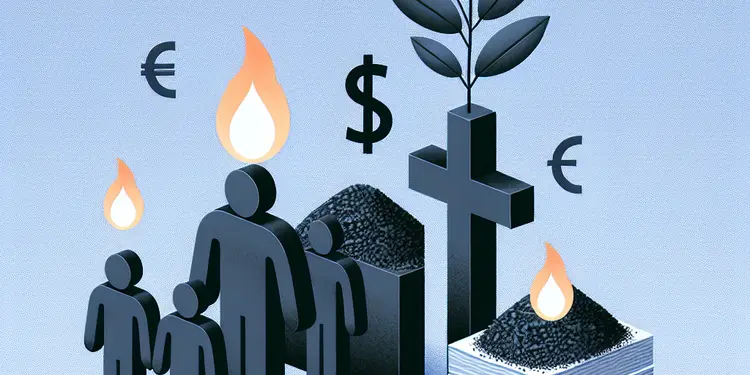
Can cremation ashes be divided among family members?
Relevance: 10%
-
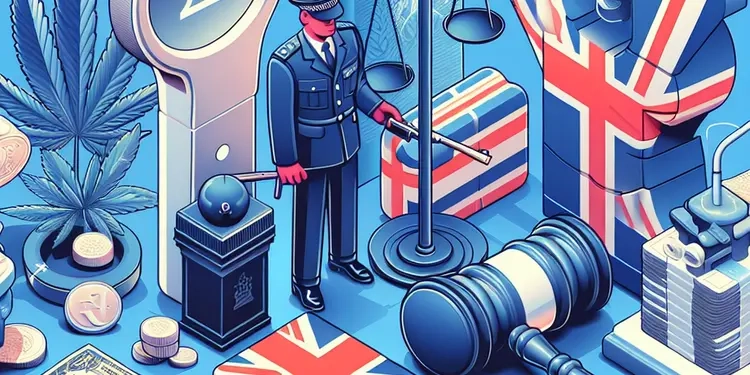
What are drug offences?
Relevance: 10%
-
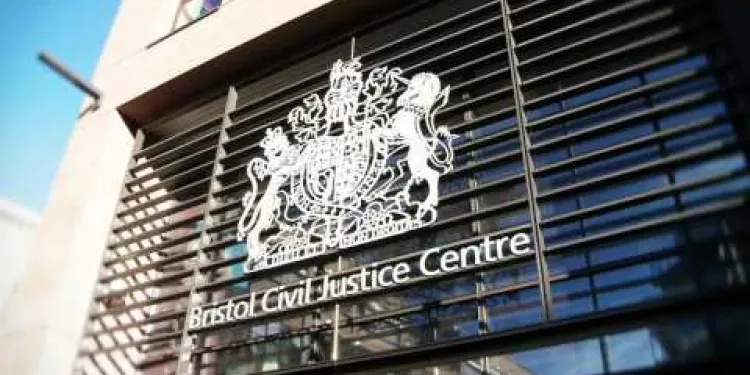
The Family Court without a Lawyer - Video 1 of 3
Relevance: 10%
-

Has ketamine's classification changed over time?
Relevance: 10%
Understanding Honour Based Abuse
Honour based abuse (HBA) refers to incidents of violence, threats, or abuse that are committed to protect or defend the so-called honour of a family or community. This type of abuse is rooted in cultural, religious, or traditional beliefs where individuals are expected to conform to certain standards of behaviour to protect the honour or reputation of their family. HBA can lead to serious psychological and physical harm and, in extreme cases, death.
Forms of Honour Based Abuse
Honour based abuse can manifest in various ways, and it's important to recognise the wide-ranging forms it can take. These include physical abuse, psychological abuse, sexual violence, forced marriage, and social isolation, among others. The following sections elaborate on some of the most common forms of HBA.
Physical Abuse
Physical abuse within the context of HBA can range from minor assaults to serious physical violence, including beatings and other forms of physical harm. It might be used as a means of punishment for perceived violations of family honour, or as a way to coerce individuals into conforming to family or community expectations.
Psychological and Emotional Abuse
Psychological abuse in HBA can involve threats, intimidation, and coercion aimed at controlling an individual's behaviour. This form of abuse can severely impact the victim's mental health, leading to issues such as anxiety, depression, or even self-harm. Emotional blackmail and manipulation are commonly employed to instil fear and maintain control over the individual.
Sexual Violence
Sexual violence, including rape and other non-consensual acts, can be a form of control used to 'restore' honour in a family. Victims of sexual violence are often blamed for bringing shame upon their families and may face further abuse or punishment as a result. Such incidents are frequently underreported due to fear of retribution or stigma.
Forced Marriage
Forced marriage is a key component of HBA and involves coercing an individual into marrying against their will. It is often justified as preserving family honour by ensuring that familial ties and community expectations are upheld. Forced marriage is illegal in the UK, and the victims often face significant barriers in seeking help due to cultural or familial pressure.
Social Isolation
Victims of honour based abuse may be subjected to social isolation, preventing them from seeking help or support. This can include being forbidden to attend school or work, having restricted access to phone or internet, or being prevented from forming friendships outside the family. Social isolation is a powerful means of control, leaving victims feeling trapped and helpless.
Conclusion
Honour based abuse can take numerous forms, each as serious and damaging as the next. Understanding these forms is critical for recognising the signs and supporting those at risk. In the UK, it is essential to challenge the cultural and societal norms that perpetuate HBA, and to offer safe avenues for victims to seek help and support.
Understanding Honour Based Abuse
Honour based abuse is when someone hurts others to protect their family or community's honour. This can happen because of cultural or traditional beliefs. People might have to act a certain way to keep their family's reputation safe. Honour based abuse can hurt people both in their mind and their body, and it can sometimes be very serious.
Forms of Honour Based Abuse
Honour based abuse can happen in different ways. Knowing how it can look helps us understand it better. Some types are physical abuse, emotional abuse, sexual violence, forced marriage, and keeping someone away from others. Let's learn more about these types.
Physical Abuse
Physical abuse means hurting someone’s body. It can be small hits or big, serious harm. In honour based abuse, people might be hurt because they didn’t do what the family wanted, or to make them listen to family rules.
Psychological and Emotional Abuse
Psychological abuse is when someone uses threats or tries to control how a person acts. This can make the person feel very sad or scared. They might feel anxious or depressed. The person doing the abuse might use guilt or manipulation to control them.
Sexual Violence
Sexual violence is when someone is forced to do sexual things without agreeing. Families might think this is needed to bring back their honour. People hurt in this way are often unfairly blamed and might get more hurt. Many are too scared to talk about it.
Forced Marriage
Forced marriage is when a person has to marry someone they do not choose. It is done to keep family honour. Forced marriage is against the law in the UK. People in this situation might find it hard to get help because of their family's beliefs.
Social Isolation
Social isolation is keeping someone away from others. They might not be allowed to go to school, work, or meet friends. They might not be allowed to use the phone or internet. This makes victims feel alone and unable to ask for help.
Conclusion
Honour based abuse can hurt people in many ways. It is important to know these types to help those at risk. In the UK, we need to stop these harmful beliefs and help victims find safety and support.
Frequently Asked Questions
What is honour-based abuse?
Honour-based abuse is a form of violence and abuse that is committed to protect or defend the perceived honour of a family or community.
Can physical violence be a form of honour-based abuse?
Yes, physical violence is one of the most direct forms of honour-based abuse.
Is forced marriage considered honour-based abuse?
Yes, forced marriage is a common form of honour-based abuse.
Can emotional abuse be part of honour-based abuse?
Yes, emotional and psychological abuse are often used to control the victim in honour-based abuse cases.
Does honour-based abuse include financial control?
Yes, financial control can be used to restrict a victim's freedom and is considered a form of honour-based abuse.
Is social isolation a tactic used in honour-based abuse?
Yes, social isolation is often imposed on victims to prevent them from seeking help.
Can threats and intimidation be part of honour-based abuse?
Yes, threats and intimidation are commonly used to instill fear and compliance in victims.
Does honour-based abuse include sexual abuse?
Yes, sexual abuse can occur in honour-based abuse situations, often as a means of punishment or control.
What role does coercion play in honour-based abuse?
Coercion is used to manipulate victims into actions or decisions they otherwise would not make.
Can digital or online abuse be considered honour-based?
Yes, digital abuse such as online monitoring or harassment can be part of honour-based abuse.
Is there a link between honour-based abuse and human trafficking?
Yes, in some cases, victims are trafficked for forced labour or marriage, constituting a form of honour-based abuse.
Can neglect be a form of honour-based abuse?
Yes, neglecting a person's basic needs as a form of punishment or control can be part of honour-based abuse.
Is verbal abuse a common tactic in honour-based abuse?
Yes, verbal abuse is often used to belittle and control victims in honour-based abuse situations.
Are women the only victims of honour-based abuse?
No, while women and girls are often targeted, men and boys can also be victims of honour-based abuse.
Does honour-based abuse exist in all cultures?
Honour-based abuse can occur in various cultures and communities around the world.
Can forcing someone to change their appearance be honour-based abuse?
Yes, forcing someone to change their appearance to conform to family or community standards can be a form of honour-based abuse.
Is honour-based abuse a crime?
Yes, many acts of honour-based abuse are criminal offences, including physical violence, forced marriage, and coercive control.
What is the role of community pressure in honour-based abuse?
Community pressure can be a driving force behind honour-based abuse, as individuals and families strive to maintain or restore social standing.
Can victims of honour-based abuse seek legal protection?
Yes, victims can seek protection through law enforcement and legal systems designed to protect individuals from violence and coercion.
Are support services available for victims of honour-based abuse?
Yes, there are organizations and services dedicated to supporting victims of honour-based abuse and helping them achieve safety and justice.
What is honour-based abuse?
Honour-based abuse is when someone hurts you because they think you broke the family's rules or made them look bad. This can be done by family members or people in the community. The abuse can be hitting, making you feel scared, or telling you what to do. It is not okay.
If you feel safe, you can talk to a teacher, a trusted adult, or call a helpline to get help. Pictures and videos can also help you understand more about this topic.
Honour-based abuse is when someone hurts another person to protect or defend their family's or community's honour.
If this is hard to read, you can ask someone for help. You can also look for tools that read text out loud.
Can hitting someone be a kind of honour-based abuse?
Yes, hitting or hurting someone is a clear way people can be harmed to protect honour.
Is forced marriage a kind of honor-based abuse?
A forced marriage is when someone has to get married even if they don’t want to. It is not their choice.
Honor-based abuse is when someone hurts another person to protect their family’s or community’s pride.
Yes, forced marriage can be a kind of honor-based abuse. It often happens because people think it will bring honor to their family.
If you or someone you know is in this situation, it is important to get help. You can tell a trusted adult or contact a helpline.
Using simple language or pictures can help explain this better. Sometimes drawing or using signs can help people understand more easily.
Yes, making someone get married is a kind of honour-based abuse.
Can feelings being hurt be a part of family honor harm?
Sometimes people hurt others' feelings to protect their family's honor. This is called family honor harm.
Tools and Tips:
- Talk to someone you trust about your feelings.
- Try drawing or writing about what happened to help you understand it better.
- If you feel unsafe, ask an adult to help you.
Yes, people use mean words and actions to control others in cases of honour-based abuse.
Does honour-based abuse include taking someone's money?
Honour-based abuse is when someone hurts another person to protect their family's honour. Sometimes, this can include controlling their money. It is not okay for someone to take or control your money without asking. If this happens to you or someone you know, it is important to get help. You can tell a trusted adult or contact a support service for help.
Ways to get help:
- Talk to someone you trust, like a family member or teacher.
- Call a support line that can give you advice.
- Write down what is happening to show someone who can help.
Yes, someone might use money to control another person. This is a way to hurt them and take away their freedom.
Do people use being alone to hurt others in honour-based abuse?
Yes, people who hurt others often try to keep them alone so they can't get help from friends or family.
Can people use threats and fear to hurt others in the name of 'honour'?
Yes, people sometimes use threats or try to scare others to make them do what they want.
Does honour-based abuse include sexual abuse?
Yes, honour-based abuse can include sexual abuse. Honour-based abuse is when someone hurts another person because they think the person brought shame to their family or community.
Sexual abuse can happen if they force someone to do sexual things without their permission.
If someone is hurting you or someone you know, it's very important to tell a trusted adult or call the police.
There are people who can help. You can also use tools like pictures or videos to understand better.
Yes, sometimes people hurt others in a bad way called sexual abuse. This can happen when someone tries to punish or control someone else in a situation called honour-based abuse.
How does forcing someone do something in honour-based abuse?
In honour-based abuse, people might try to make others do things they don't want to do. This is called forcing. They might say, "You must do this to protect our family's honour." It is not right to force someone.
If you or someone you know needs help, there are tools and people who can help. You can talk to a trusted adult or call a help phone line for support.
Coercion is when someone makes you do something you don't want to do.
Is online bullying sometimes linked to family honor?
Yes, people can use phones and the internet to watch or bother others. This can be part of honour-based abuse.
Are honour-based abuse and human trafficking connected?
Honour-based abuse and human trafficking are two different things. But sometimes, they can be connected.
Honour-based abuse is when someone is hurt or controlled to protect family honour or follow strict rules.
Human trafficking is when people are tricked or forced to work or do things they don't want to, far away from home.
Sometimes, people who face honour-based abuse may also be at risk of human trafficking. This can happen if someone is forced to leave their home.
If you need help understanding more, it can be good to talk to a trusted adult or a support worker. Picture cards or simple drawings can also help explain these ideas.
Yes, sometimes people are taken against their will to work or get married. This is a kind of abuse that is linked to honour.
Suggestions for understanding: - Use a dictionary to look up any difficult words. - Ask someone to read with you if you find it hard.Can neglect be a form of honour-based abuse?
Neglect means not taking care of someone like they need. Honour-based abuse is when people hurt others because they think it will bring respect to their family. Sometimes, neglect can be a part of honour-based abuse. This is when someone doesn't get the care they need to make their family look good.
If you want help to understand more, you can:
- Ask someone you trust to explain it to you.
- Use apps or tools that read text out loud.
- Find videos that talk about these ideas in simple words.
Yes, not taking care of someone's basic needs to punish or control them can be a type of honour-based abuse.
Do people often use hurtful words in honour-based abuse?
Yes, people use mean words to make others feel small and to control them in honour-based abuse situations.
Do only women get hurt by honour-based abuse?
No, it's not just women and girls. Men and boys can be hurt by honour-based abuse too.
Is honour-based abuse found in every culture?
Honour-based abuse can happen in many different places in the world.
Not all families or groups have honour-based abuse. But some do.
If you want to learn more, you can:
- Ask someone you trust to explain it to you.
- Look for easy-to-read guides about it.
- Use apps that read the text out loud for you.
Honour-based abuse can happen in many different cultures and communities around the world.
Is making someone change how they look a form of honour-based abuse?
Yes, making someone change how they look to fit in with what their family or community wants can be a type of abuse called honour-based abuse.
Is honour-based abuse against the law?
Honour-based abuse means hurting someone to protect family or community pride. Yes, it is against the law. Hurting people is wrong, no matter the reason.
If you or someone you know is hurt, tell a trusted adult, teacher, or police officer. They can help.
If reading is hard, use pictures or ask someone to read with you. You can also listen to the words being read out loud.
Yes, many bad things that happen because of "honour" are against the law. This includes hurting someone, forcing them to get married, or trying to control them.
How does community pressure cause honour-based abuse?
Honour-based abuse happens when people hurt others to protect their family's reputation. Communities might put pressure on families to behave a certain way. This pressure can lead to abuse.
Here are some things that can help understand and stop this abuse:
- Talk to people who know about the issue, like teachers or support workers.
- Use simple guides or videos that explain what honour-based abuse is.
- Join groups or activities where people learn to treat each other with respect and kindness.
Sometimes, people feel pushed by their community to do unkind things. This is because they want to keep or get back their good place in the group.
Can people who are hurt by honour-based abuse get help from the law?
If someone hurts you because of family honour, you can get help. The law can help keep you safe.
If you are in danger, call the police right away. They are there to help you.
You can also talk to someone you trust, like a teacher or a friend. They can help you find more support.
There are places you can go for advice, like a helpline. They can listen and tell you what to do next.
Yes, people who are hurt can get help from the police and the law. These systems are made to keep everyone safe from harm and being forced to do things they don't want to do.
Can people get help if they are hurt because of family honor?
If someone is hurt by their family because of honor, there are places and people who can help. You can talk to a teacher, police officer, or a counselor. Also, there are phone numbers you can call for support.
Picture books or videos might help you learn more. You can also ask a friend or family member to help you understand.
Yes, there are groups and services that help people who are hurt by honour-based abuse. They help them stay safe and get justice.
Useful Links
This website offers general information and is not a substitute for professional advice.
Always seek guidance from qualified professionals.
If you have any medical concerns or need urgent help, contact a healthcare professional or emergency services immediately.
Some of this content was generated with AI assistance. We’ve done our best to keep it accurate, helpful, and human-friendly.
- Ergsy carfully checks the information in the videos we provide here.
- Videos shown by Youtube after a video has completed, have NOT been reviewed by ERGSY.
- To view, click the arrow in centre of video.
- Most of the videos you find here will have subtitles and/or closed captions available.
- You may need to turn these on, and choose your preferred language.
- Go to the video you'd like to watch.
- If closed captions (CC) are available, settings will be visible on the bottom right of the video player.
- To turn on Captions, click settings .
- To turn off Captions, click settings again.
More Items From Ergsy search
-

What is Honour Based Abuse?
Relevance: 100%
-

Is honour based abuse a cultural practice?
Relevance: 97%
-

How does honour based abuse impact victims?
Relevance: 84%
-

Can men be perpetrators of honour based abuse?
Relevance: 84%
-

What are the signs of honour based abuse?
Relevance: 81%
-

Who can be a victim of honour based abuse?
Relevance: 80%
-

How can honour based abuse be prevented?
Relevance: 76%
-

What forms can honour based abuse take?
Relevance: 75%
-

What is the purpose of honour based abuse?
Relevance: 49%
-

How prevalent is honour based abuse?
Relevance: 49%
-

6 Signs of Emotional Abuse and Neglect
Relevance: 34%
-

What constitutes economic abuse under the Domestic Abuse Act 2021?
Relevance: 33%
-

7 Warning Signs of Emotional Abuse
Relevance: 33%
-

When Kids Abuse Kids
Relevance: 32%
-

What is the new Domestic Abuse Act in the UK?
Relevance: 32%
-

Understanding the New Domestic Abuse Laws in the UK
Relevance: 31%
-

Are you a male victim of domestic abuse?
Relevance: 31%
-

Live Fear Free - Domestic Abuse
Relevance: 31%
-

Understanding the Impact of the UK's New Domestic Abuse Legislation
Relevance: 30%
-

How To Prove Narcissistic Abuse In Family Court UK
Relevance: 30%
-

Three-year limit for child sexual abuse claims to be removed
Relevance: 30%
-

8 Signs You Are Dealing with Narcissistic Abuse
Relevance: 30%
-

Steps to Take When Facing Domestic Abuse
Relevance: 30%
-

Live Fear Free - The Effect of Domestic Abuse on Children
Relevance: 29%
-

When did the Domestic Abuse Act 2021 come into effect?
Relevance: 29%
-

Who can be considered a domestic abuse perpetrator under the new law?
Relevance: 28%
-

5 Signs You've Been Mentally Abused
Relevance: 28%
-

How can I calculate my new earnings based on the National Living Wage increase?
Relevance: 17%
-

Aquablation Therapy takes around 45 minutes to do based upon the patients prostate size
Relevance: 14%
-

Is ketamine addictive?
Relevance: 12%
-

What are the different types of funerals available?
Relevance: 12%
-

What is Gaslighting?
Relevance: 11%
-

What is the Older Americans Act and how does it help seniors?
Relevance: 11%
-

Impacts of Recent Changes to Family Law Legislation
Relevance: 11%
-

Is ketamine a controlled substance?
Relevance: 11%
-

Are boys or girls more likely to be targets of grooming?
Relevance: 11%
-

Can cremation ashes be divided among family members?
Relevance: 10%
-

What are drug offences?
Relevance: 10%
-

The Family Court without a Lawyer - Video 1 of 3
Relevance: 10%
-

Has ketamine's classification changed over time?
Relevance: 10%


